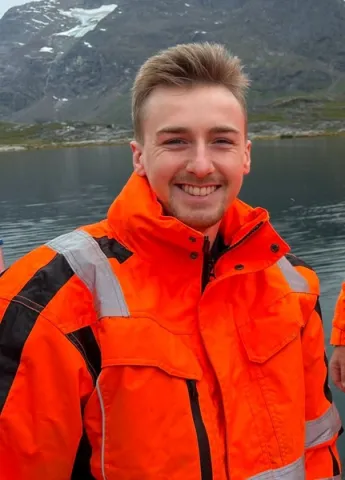About the project
You will investigate sinking particles key role in ocean carbon storage –– in a region identified as climate-system tipping point: The Labrador Sea. You will use state-of-the-art in situ images of plankton and particles collected autonomously over an entire year to understand and quantify this critical ecosystem.
The deep ocean stores large quantities of carbon dioxide (CO2) (5-15 Gt/year) resulting from the flux of organic matter termed the biological carbon pump, and without which atmospheric CO2 would be 200- 400 ppm higher.. Until recently, this storage was thought to be mediated principally through the sinking of organic matter the ‘gravitational pump’. New evidence has brought to light additional physical-biological particle injection pumps which may resolve the imbalance found in ocean carbon and nutrient budgets. You will join an enthusiastic and multi-disciplinary team working on resolving the different particle injection pumps in the Labrador Sea. This region is responsible for some of the world’s highest rates of carbon exported from the surface to the deep ocean and longest sequestrations times (>1000 years), making it a critical region for ocean carbon storage. As this remote and harsh environment is difficult to study, we are using cutting edge autonomous vehicles and technologies to collect data, include in situ camera systems that capture sinking particles.
Initially, you will focus on understanding the role of different types of sinking particles in carbon sequestration. To do so, you will classify in situ images (such as collected by the Underwater Vision Profiler) via a range of techniques including artificial intelligence, clustering algorithms and manual verification. There is flexibility in where you take your research afterwards, and you will have access to complementary datasets from this and other projects. Your research will contribute to global efforts in environmental conservation and climate change impact assessment.
You will also be supervised by organisations other than the University of Southampton, including Dr Sari Giering, Filipa Carvalho from the National Oceanography Centre, and Sophie Pitois from Cefas.
